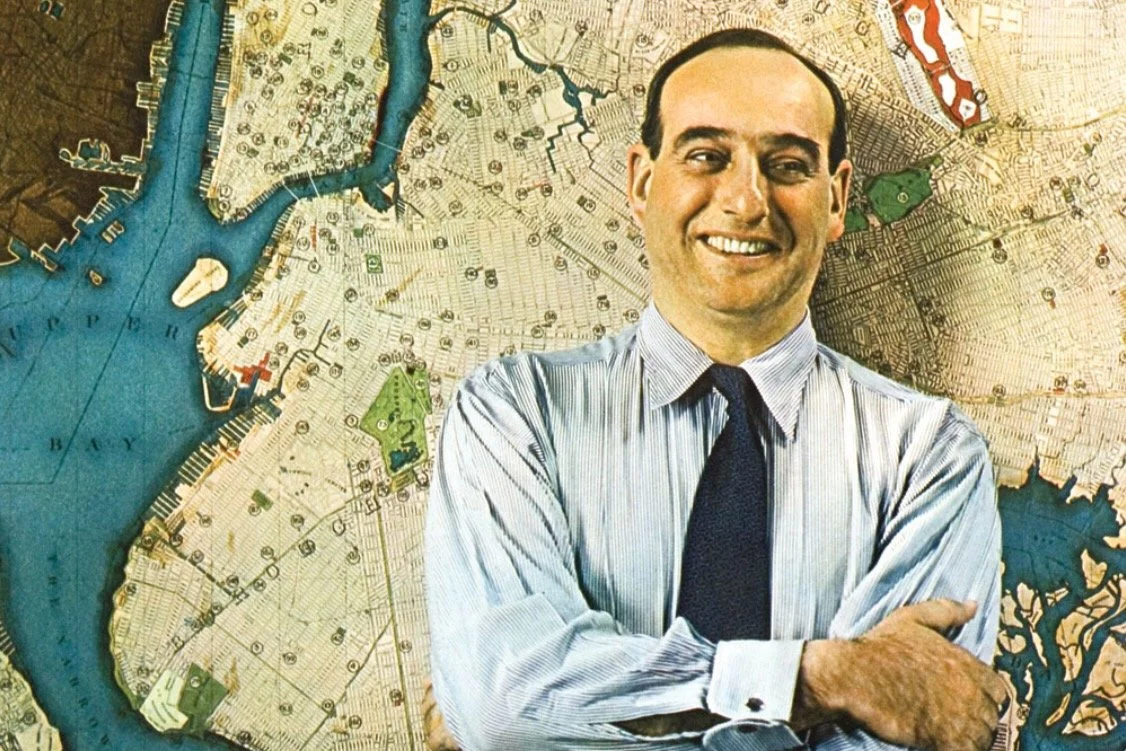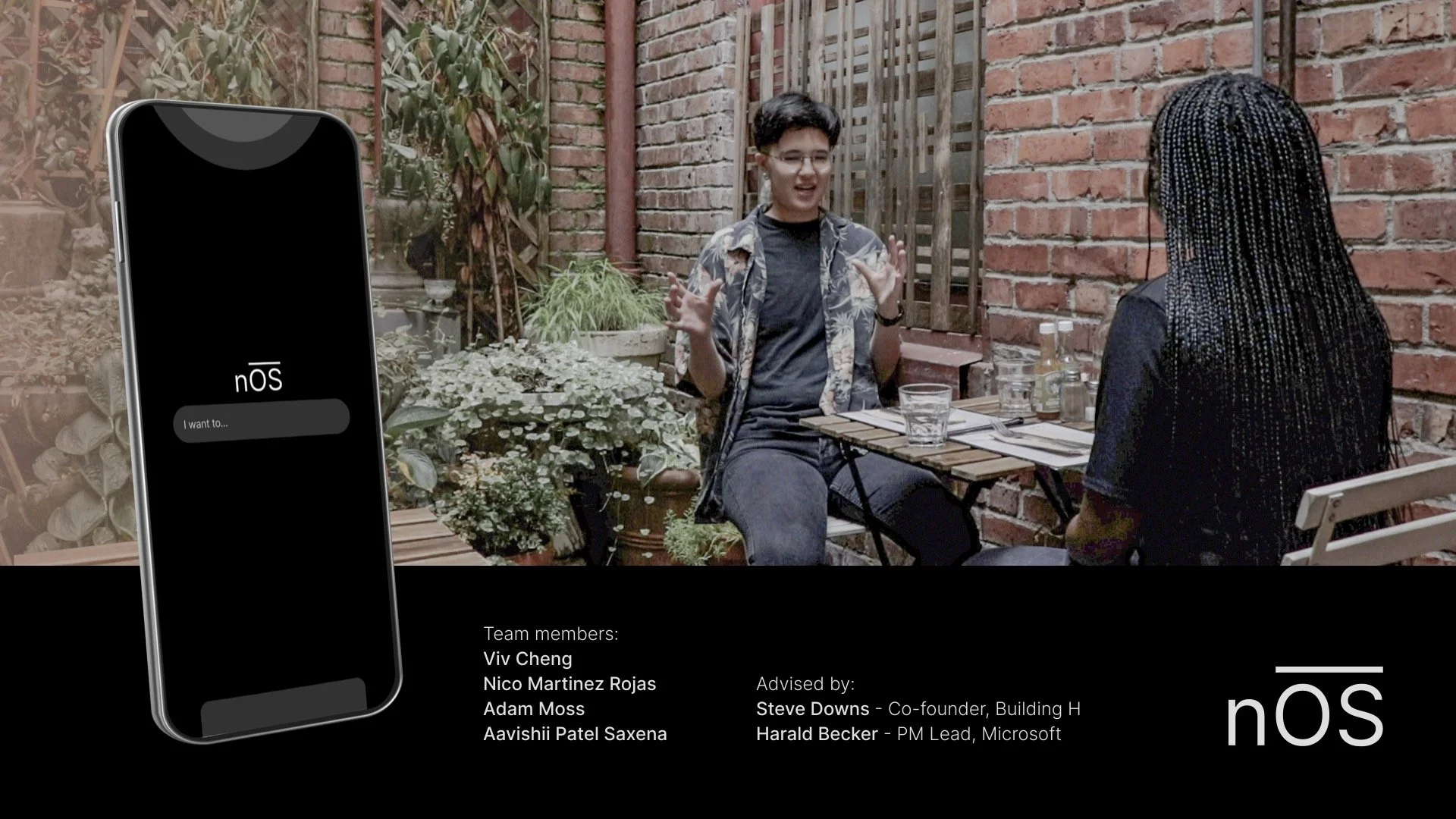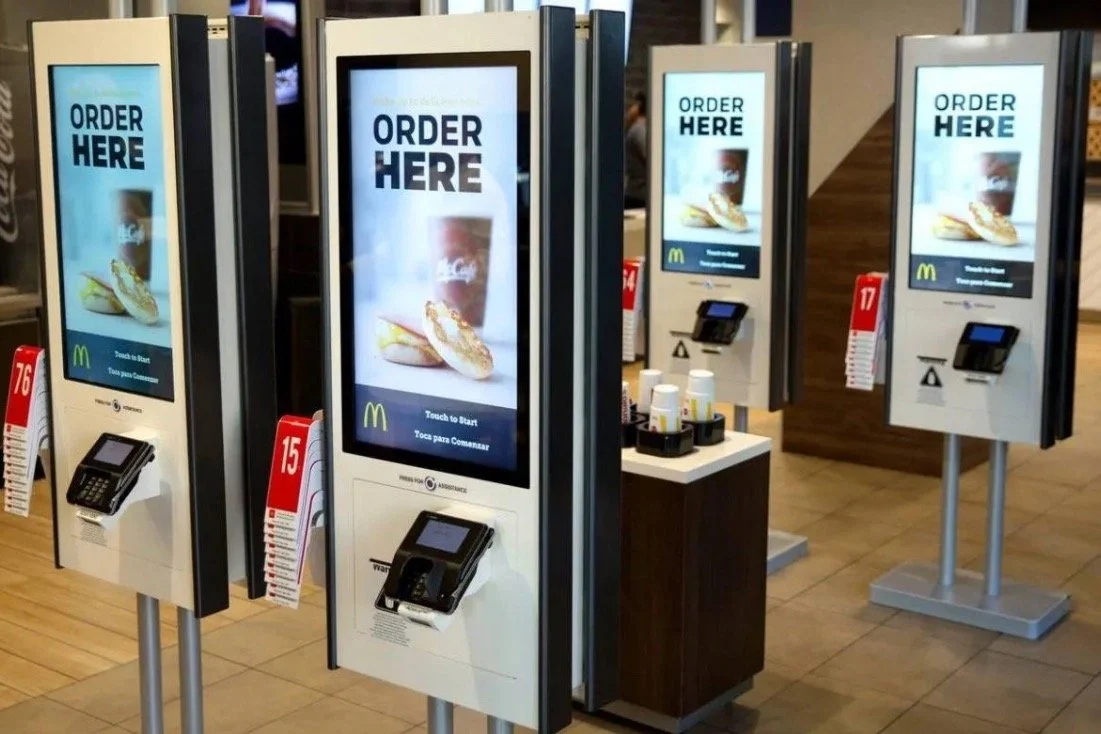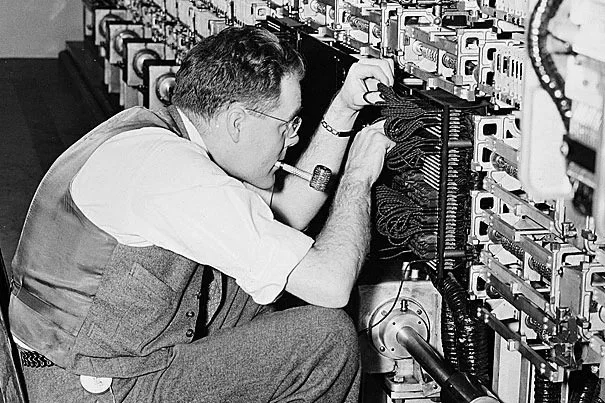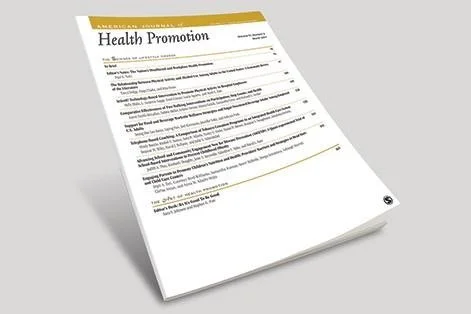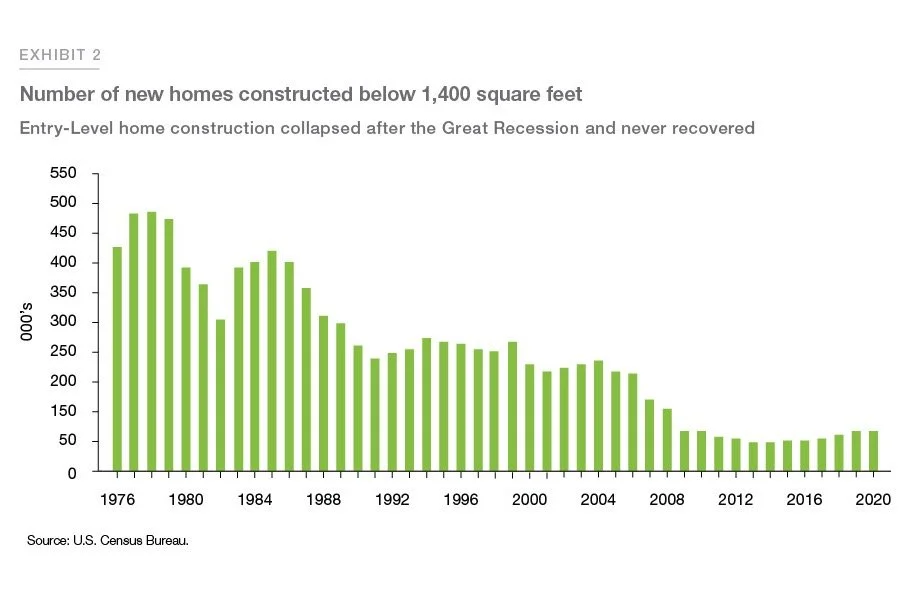The controversial social psychologist Jonathan Haidt has a new book coming out entitled The Anxious Generation: How the Great Rewiring of Childhood Is Causing an Epidemic of Mental Illness. Haidt excerpts the book in his article, “End the Phone-Based Childhood Now,” in The Atlantic. In it, Haidt steps back and describes the enormous transformation that has occurred in the experience of childhood and links it to dramatic negative shifts in mental health, social connection and academic achievement, along with declines in dating, sexual activity, and teenage employment.
Read MoreAdam Rogers begins his piece Bike lanes are good for business by noting the knee-jerk and not unreasonable fear that many small business owners have about adding bike lanes to downtown streets. They, of course, worry that the attendant removal of parking spaces will make it harder for customers to reach them by car, and anything that limits vehicle access to their stores will cut into their sales. It all makes sense, except, as Rogers shows quite clearly in the article, it’s wrong.
Read MoreImagine: You have somehow secured the power and permission to build anything to the greatest city in the world. So what would you do?
If you’re Robert Moses, and that city is New York, you would build in abundance.
But not buildings. No, Moses built parks - not just in the city but, thanks to his peculiar power, Moses built parks across the state of New York.
In case you missed it, Apple’s new Vision Pro went on sale earlier this month and our feeds are now awash in hot takes about what it is, what it does, and how much it matters. When it was first announced in June, we wrote about it with some curiosity, a bit of awe and no small amount of apprehension (see Building H #84: Brave New Face).
Read More"In America, there is widespread acceptance among businessmen of the handful of general ethical principles,” wrote Baumhart. “But between these general principles (such as 'Thou shalt not steal') and the concrete problems of the businessman (such as whether or not price-fixing is stealing from customers), a wide gap appears."
Read MoreLate last week the New York Times published a story about a model project to conserve water in one of California’s prized agricultural regions. In Some California Farmers Pay Water Fee to Protect Aquifers. Does It Work?, Coral Davenport reports on the case of Pajaro Valley, home to growers of strawberries, raspberries, and blackberries, not to mention brussels sprouts and several varieties of kale.
Read MoreThe original coffee houses were, by design, people places: a space to meet, to talk, to play board games, to listen to stories or music. Appearing first in the Middle East in the 15th century, they were widespread throughout Europe by the 1600s, bustling with political and artistic debate, card games and chess tables, and deal-making.
Read MoreIn their book User Friendly, Cliff Kuang and Robert Fabricant asked a provocative question: what if, instead of its operating system being organized by apps, the iPhone had been built around social relationships? Inspired by this question, we challenged a team of students in the Master of Human-Computer Interaction and Design at the University of Washington to create a speculative design that would flesh out that possibility.
Read MoreIn 1948, B.F. Skinner, the famed psychologist and behaviorist, published his novel Walden Two, in which a scientist (and Skinner doppelganger) confessed to how frustrated he became when the rats in his experiments failed to act as he expected. "Behave, damn you!" he shouted at the creatures. "Behave as you ought!" In time, though, Skinner’s scientist realized the rats weren’t to blame at all. They were simply responding to the environment - the box - that he had dropped them in. It was futile to blame the rat.
Read MoreThis morning we released a new report on social media, video games and social connection based on data from a recent consumer survey of more than 3,100 US adults.
In The Connection Paradox, we report that people who use social media more and who play games more rate these platforms more highly for their benefits to their social connection than people who use them less, yet, paradoxically, greater use is associated with more loneliness.
Read MoreFor years after Alan Turning proposed what he called “the imitation game” in 1950, the so-called Turning Test stood as an formidable challenge for artificial intelligence. The test was defined in various ways over the decades, but the basic idea was perfectly simple: Could an artificial intelligence pass as a human in ordinary dialogue?
Read MoreTwo weeks back, the New York Times had a stunning scoop: a bunch of Silicon Valley billionaires had bought 50,000 acres midway between San Francisco and Sacramento with the ambition of turning farmland and scrub into a dynamic new city of 100,000 or more.
Read MoreSteve and our longtime collaborator (and member of our advisory group) Sara Singer have a new paper out in the American Journal of Health Promotion. In “The ‘Product Environment’ is an Important Driver of Health. It’s Time to Measure It,” Sara and Steve introduce the term “product environment” into the academic literature, defining it as the “the constellation of products and services with which people regularly interact.”
Read MoreTo live in urban America in 2023 is to bear witness, every day, to our collective failure to build enough houses for people to live in. Today’s housing shortage is a crisis 50 years in the making - a history that we won’t get into here - but it means that, nationwide, the US is behind by nearly 4 million houses, according to a 2021 Freddie Mac analysis.
Read MoreBack in April, our commentary focused on the Commercial Determinants of Health, a new way of understanding the roles that businesses in different industries play in influencing a population’s health. The commentary was triggered by a series of papers from The Lancet that lay out the conceptual frameworks for the idea. More recently, we were struck by a new commentary in JAMA that looks at the US health care industry through the lens of commercial determinants.
Read MoreWe came across an interesting profile of renowned systems biologist Lee Hood in (perhaps aptly) Popular Mechanics. Hood – bless him – is trying to shift health care further upstream, to be proactive and preventive, rather than reactive and oriented around treatment. He believes that we will get there through measurement, data, screening, risk assessment and very intentional efforts to forestall and the diseases for which we are most at risk.
Read MoreOne of our core aims at Building H is to see more and more commercial products that make it easier for people to live healthy lives — to eat well, move physically, sleep longer and better, engage socially and spend time outdoors and in nature. We look closely at how new technologies tend to shape these behaviors (see our last edition, for example) and raise concerns when the tech and product trends push in the opposite direction… So we were excited to see a number of recent stories that point to commercial efforts aimed at facilitating these healthy behaviors.
Read MoreWe are delighted to announce that we have received our first grant! Funding from Einhorn Collaborative will support our work on the next iteration of the Building H Index, specifically to refine our approach to measuring how products and services influence the social engagement of their users and by doing so, either build greater social connection or create risks for increased social isolation and loneliness.
Read MoreIt is a core belief of ours at Building H that major new technologies, over time, shape social norms and rewire our day-to-day behaviors, with often dramatic consequences to our health. So it’s no surprise that we followed with interest Apple’s unveiling this week of the Vision Pro, its new device/computing platform. How important is this?
Read More


